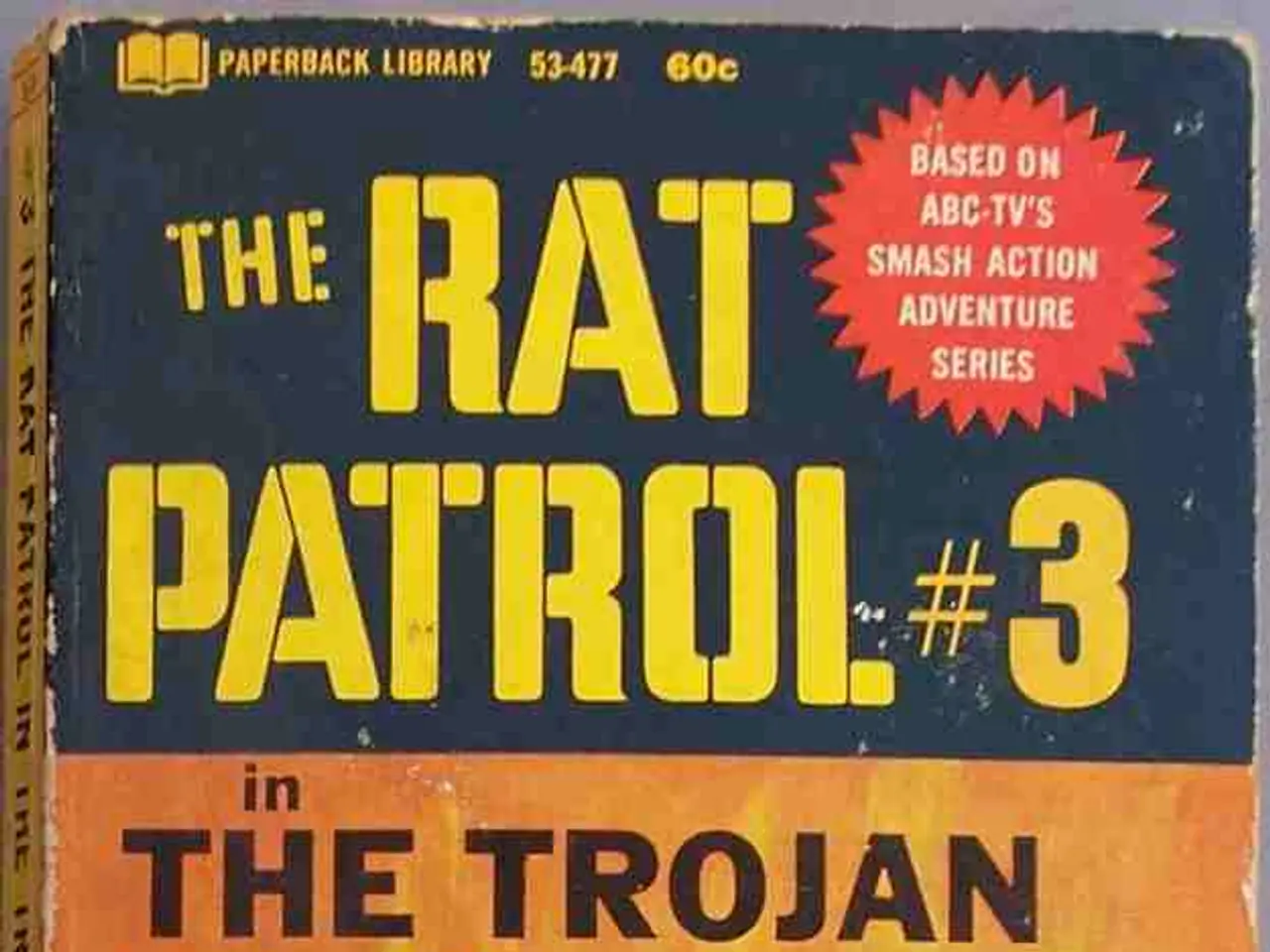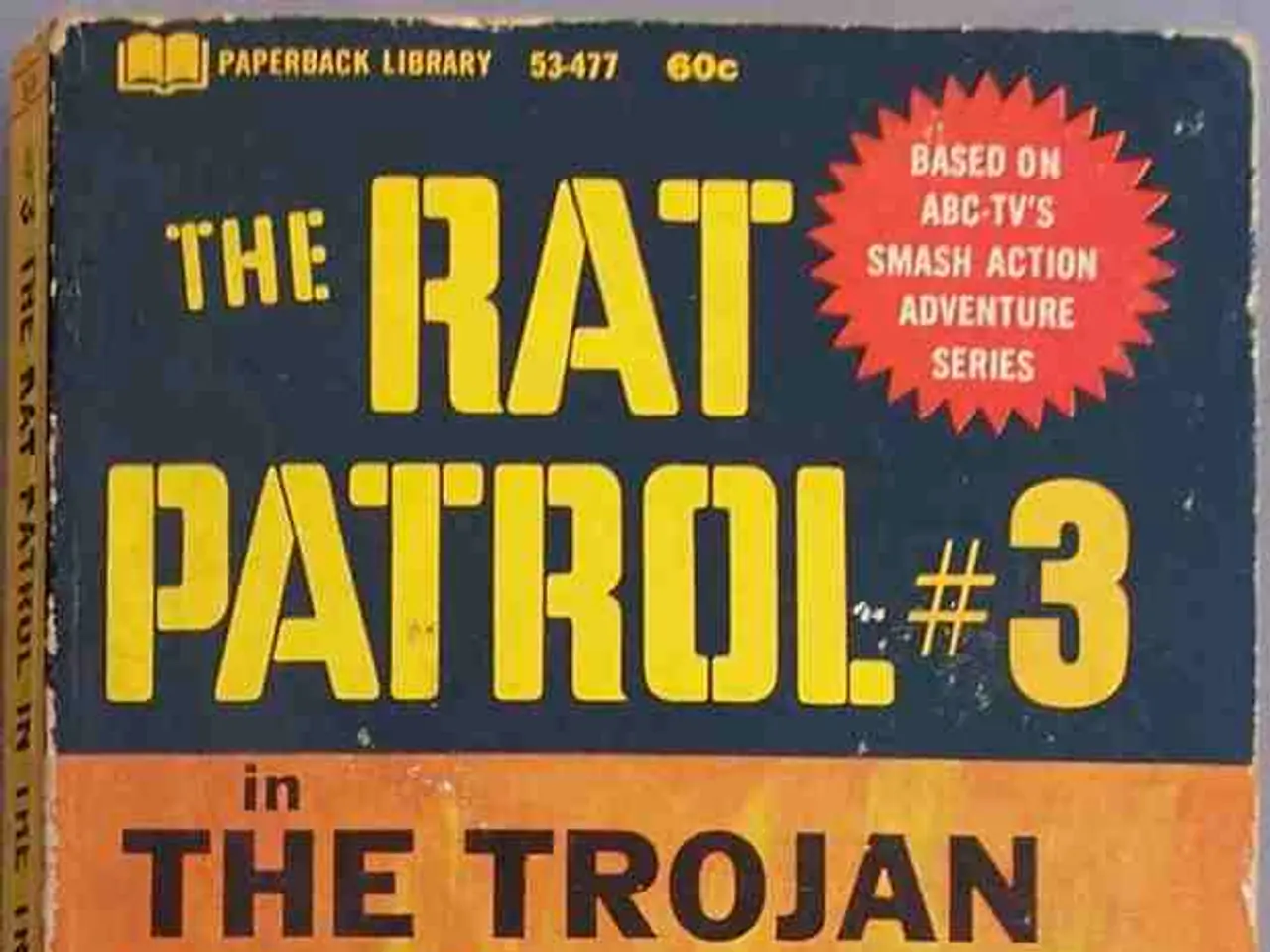Israel's weapons, proven in combat, recognized by Netanyahu as utilized by India against Pakistan, according to Indian media reports
India and Israel Deepen Defense Cooperation Amid Regional Tensions
The defense cooperation between India and Israel is expanding, with both countries focusing on joint research and development, technology transfer, and training exchanges to boost their defense capabilities. This comes after a recent conflict involving Pakistan, during which India used Israeli-developed UAVs and missiles.
In a high-level bilateral meeting held in New Delhi on July 23, 2025, India's Defence Secretary Rajesh Kumar Singh and Israel's Ministry of Defence Director General Major General Amir Baram agreed to strengthen long-term strategic defense cooperation. The aim is to establish a structured institutional framework for deeper collaboration.
Prime Minister Benjamin Netanyahu acknowledged the use of Israeli weapons by India during the conflict with Pakistan. The Indian military employed Israeli-developed HARPY drones and Barak missiles, jointly developed with Israel, in the air battle, which was the world's largest in decades.
The conflict, known as 'Operation Sindoor', lasted for four days and resulted in nearly 70 casualties on both sides. Pakistan declared a victory in the standoff, claiming its air force used Chinese J-10C aircraft to shoot down six Indian fighter jets, including three French Rafales. However, the Israeli equipment used during the conflict was battle-proven.
India has been investing heavily in local industry, with plans to spend as much as $470 million on UAVs over the next 12 to 24 months. This investment underscores the importance of the defense-industrial partnership between India and Israel, which both countries view as key strategic partners.
The cooperation between the two nations extends to emerging security domains such as cyber defense, artificial intelligence, and unmanned systems. The Israeli Defence Ministry strongly condemned the April 22, 2025 terrorist attack in Pahalgam (Indian Kashmir) and expressed full support for India's counter-terrorism efforts. India reciprocated by condemning terrorist attacks in Israel.
Discussions during the bilateral meeting also included expanding defense-industrial collaboration and joint manufacturing initiatives to enhance strategic autonomy and regional stability. Over the past decade, India has imported military hardware worth $2.9 billion from Israel, including radars, drones, and missiles.
China, on the other hand, has been investing over $60 billion to build infrastructure, energy, and other projects in Pakistan as part of its China-Pakistan Economic Corridor. This has raised concerns about the balance of power in the region, prompting India and Israel to strengthen their defense ties.
In summary, India and Israel are actively deepening their defense cooperation through institutionalized frameworks, advanced technology development, mutual counter-terrorism support, and expanded strategic collaboration. This marks a pivotal step to enhance their long-term strategic partnership.
References:
- The Hindu
- NDTV
- Times of India
- Business Standard
- Al Jazeera
- The strategic defense cooperation between India and Israel also extends to emerging areas such as cyber defense, artificial intelligence, and unmanned systems, with both nations viewing each other as key partners in the evolving world of technology.
- Amid growing concerns about the balance of power in the region, India and Israel are investing heavily in defense-industrial partnerships and joint manufacturing initiatives, aiming to boost their defense capabilities and ensure strategic autonomy.
- In the face of war-and-conflicts and political tensions in the world, general news outlets such as The Hindu, NDTV, Times of India, Business Standard, and Al Jazeera are reporting on the increasing defense cooperation between India and Israel, highlighting the importance of the partnership amid regional challenges.




